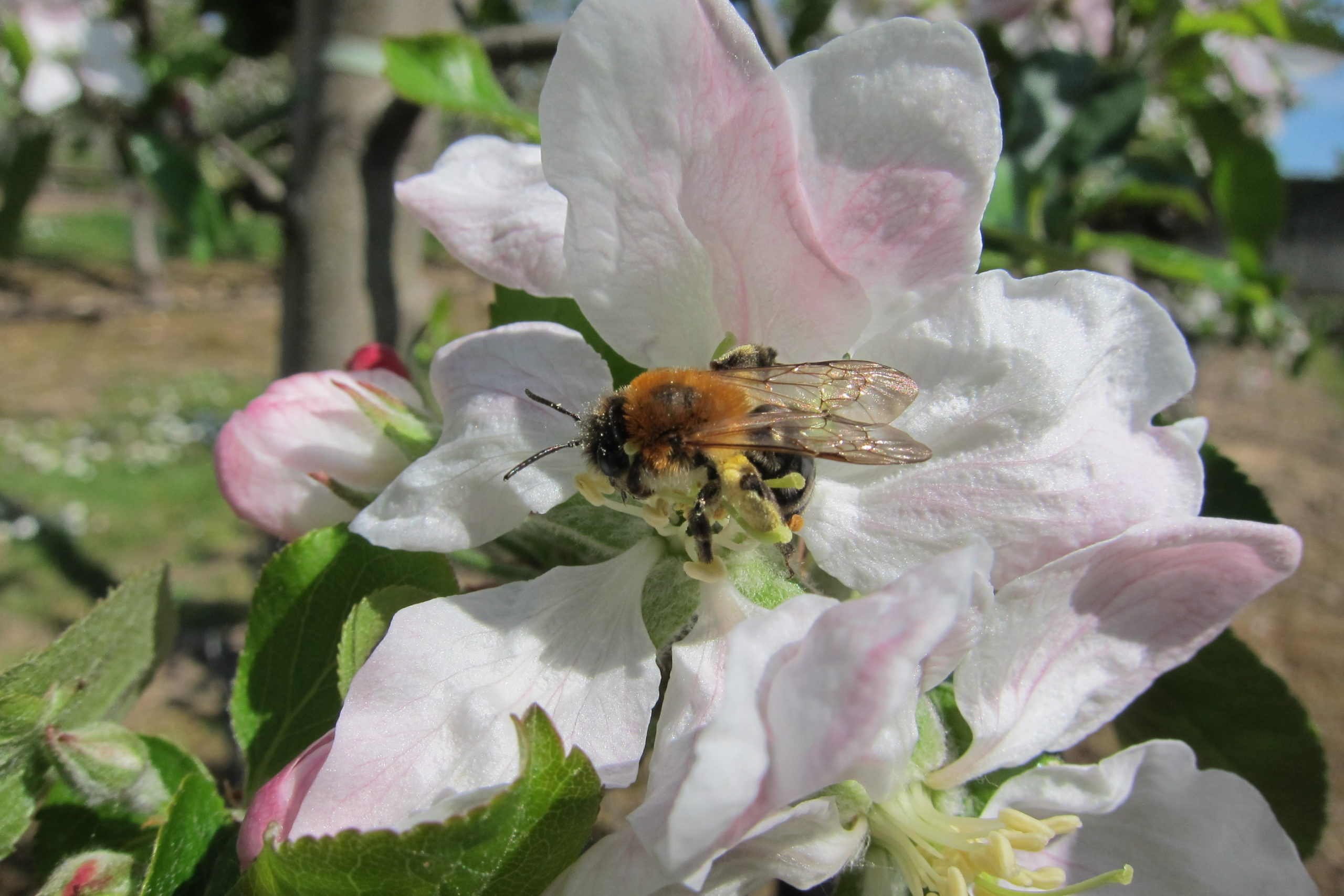The crop pollination component of NPPMF was project-managed by Dr Michael Garratt, a senior research fellow in the Sustainable Agriculture and Food Systems Division. The project – the first of its kind – designed and tested a pollinator monitoring scheme, adopting a collaborative, stakeholder-driven approach involving citizen scientists, academics, NGOs and the government and meeting a key deliverable of the government’s National Pollinator Strategy.
The project helped consolidate the university’s standing as the UK leader in crop pollination research. It engaged the citizen science community, informed land management and policy decision-making to support the conservation of pollinators, and was presented at the EU SuperB Sustainable Pollination in Europe AGM and Royal Entomological Society Pollination Special Interest Group meeting. The NPPMF also gained high profile recognition when it was cited in Science.
Shortlisted for the University Research Engagement and Impact Awards 2017
First published: June 2017

